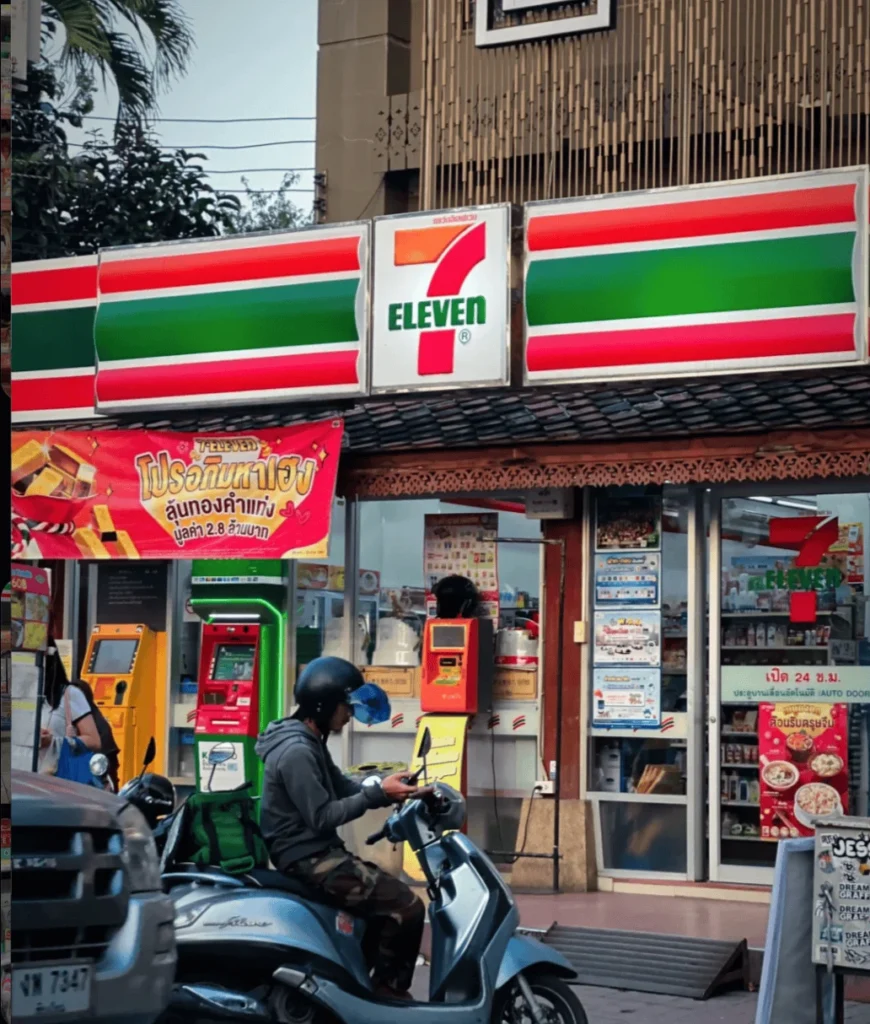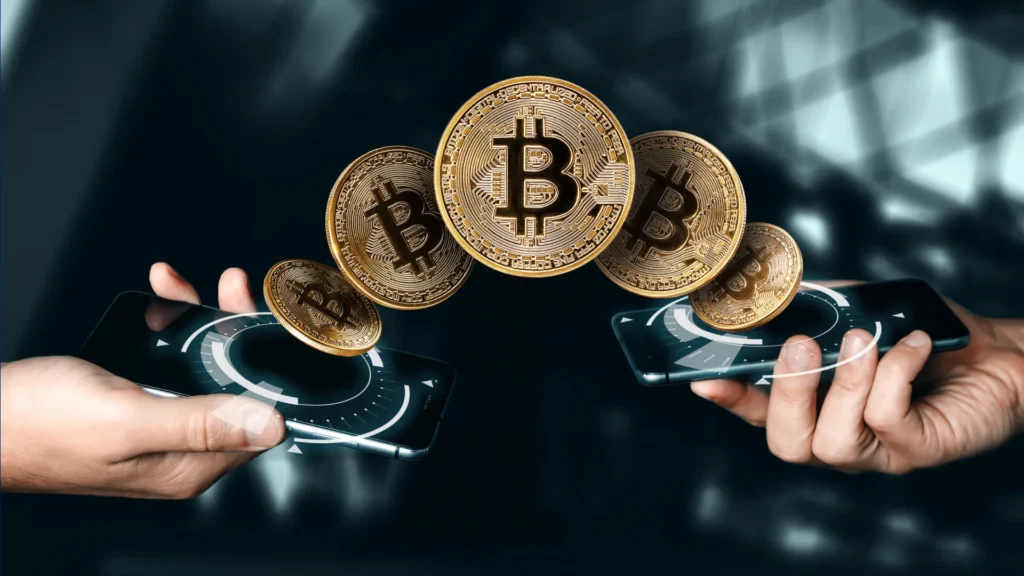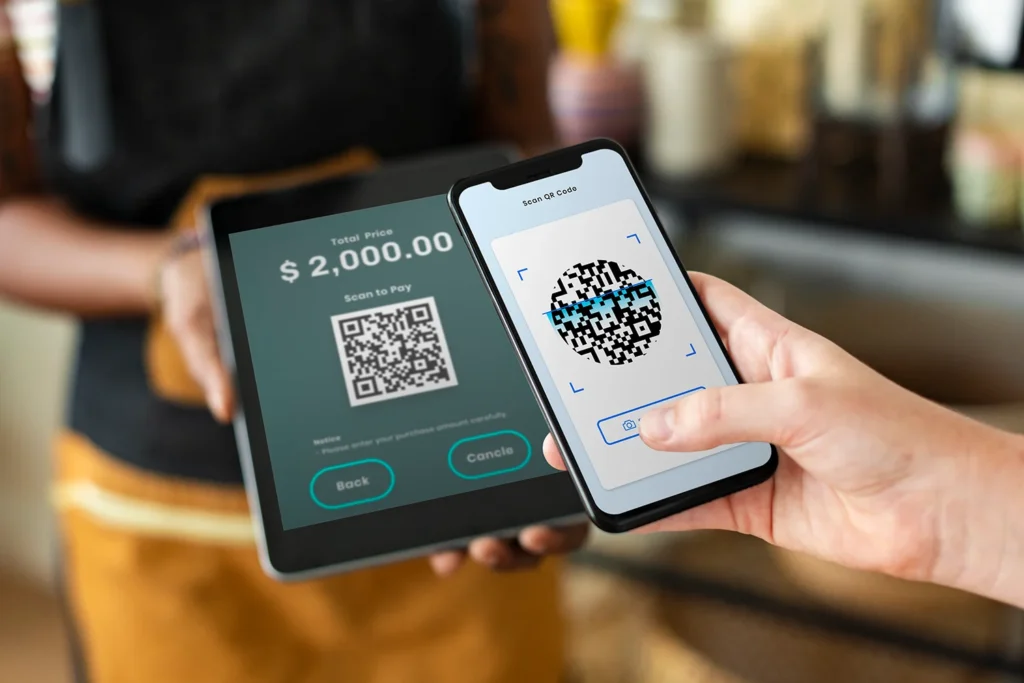Thailand 2025: What to Know About Paying with Crypto at Local Businesses
May 22, 2025

Just a few years ago, the idea of paying for your Thai massage or iced coffee with crypto felt like a gimmick—something you’d see once, maybe snap a photo of, then forget. But in 2025? Things are shifting. Slowly, quietly, and not without a few hiccups, more Thai businesses are starting to accept crypto as a legit payment option. From laid-back cafés in Chiang Mai to beachfront resorts in Phuket, the question isn’t just if crypto payments are happening in Thailand—it’s how they’re being used, and what’s driving the trend.
Are Crypto Payments Really Happening in Thailand Now?
Yes, they are—just not everywhere yet. In 2025, a growing number of Thai businesses are testing the waters with crypto payments. You’ll find them mostly in tourist-friendly zones like Phuket, Chiang Mai, and parts of Bangkok. And we’re not just talking about edgy tech startups or hip cafés anymore—some boutique hotels, spas, and even dental clinics are trying it out.
That said, adoption is still spotty. It’s not like every 7-Eleven is ready to take your Bitcoin… but if you look around the right areas, you might be surprised how common those little “We Accept USDT” signs are becoming.

Why Are Thai Businesses Starting to Accept Crypto?
The reasons are all over the place. Some owners are just curious, others want to stand out from the competition, and a few see it as the future of global payments. In certain tourist zones, crypto is simply what the customer expects—especially among digital nomads or long-stay travelers who already hold crypto and prefer spending it directly.
Also, with global uncertainty and more people feeling disillusioned with traditional banking, crypto starts to look like a solid alternative for faster payments and fewer fees—at least in theory. Not every owner is a crypto believer, but many are happy to try it if it makes payment easier for international customers.
One Phuket bar owner we spoke to put it plainly: “I’m not into crypto—I just don’t want to lose a sale because someone only has USDT.”

Credit from : Aurpay
Is It Legal to Accept Crypto Payments in Thailand?
Technically, yes. Thai businesses are allowed to accept crypto for payments—but with some boundaries. Prices still have to be listed in Thai baht, and transactions need to be properly recorded. The SEC and Revenue Department are keeping an eye on things, and regulations have been tightening in recent years.
So no, it’s not a free-for-all. But it’s not banned either. It sits in a bit of a gray zone—enough for some businesses to jump in, but still murky enough to make others cautious.
What Does a Crypto Transaction Actually Look Like in Thailand?
It’s not some futuristic high-tech moment. Most of the time, it’s just a QR code on the counter and a staff member checking their phone for confirmation. If you’ve ever paid with a crypto wallet, you’ll feel right at home.
Some businesses use third-party platforms to process and convert crypto into baht right away. Others just accept it directly and keep it in their wallets. It really depends on how comfortable the owner is with the tech—and whether they expect to spend that crypto or convert it later.

Which Businesses Are Doing This?
It’s not all tech bros and beach bars. Yes, you’ll find cafés, coworking spaces, and boutique hotels leading the way, but there are a few unexpected players too. We’ve seen boat tour operators, tattoo studios, and even a couple of real estate agencies offering crypto payment options.
Most of the early adopters are smaller, independent businesses. Big chains and franchises? Still watching from the sidelines, for now.

Is Crypto Being Widely Used by Customers in Thailand?
That depends on where you are. In places like Chiang Mai or Koh Samui, where crypto-savvy travelers cluster, businesses say they see at least a few crypto transactions per week. One Bangkok restaurant told us crypto customers aren’t common—but when they do show up, they spend big.
There’s a bit of novelty to it. People get excited to use their coins in the real world. It’s not exactly daily life yet, but for certain crowds, it’s becoming more normal.

Is Crypto Here to Stay—or Just a Passing Trend?
That’s the big unknown. On one hand, crypto still feels niche in many parts of Thailand. On the other, the growth is steady—especially in areas where foreign customers lead the way. If regulations become clearer and crypto-backed payment apps keep improving, adoption could jump fast.
Some Thai entrepreneurs see it as a long game. They’re not making huge money from crypto customers yet, but they’re building the habit, positioning themselves early. Others? They test it, don’t see results, and quietly remove the QR code from the counter.
So yes, crypto payments in Thailand are real—and growing. Just not everywhere. Yet.
Final Word
Crypto in Thailand is no longer some fringe fantasy. It’s showing up in everyday places—from beachfront smoothie stalls to boutique hostels tucked into Chiang Mai’s old town. Sure, it’s still early days. But one thing’s clear: the phrase “crypto payments Thailand” isn’t just a keyword—it’s becoming part of the real business landscape.

